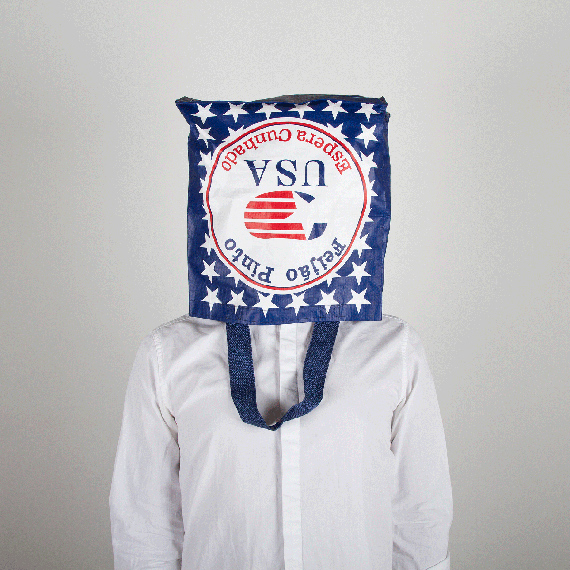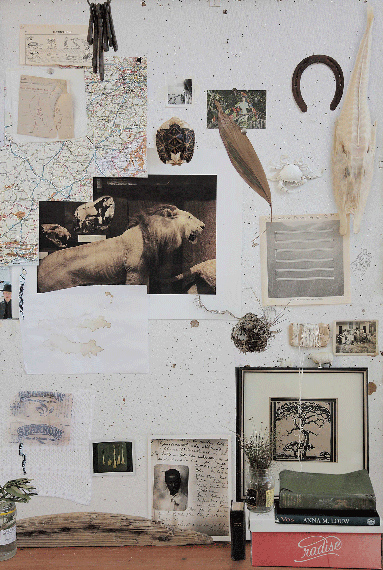
Sixth Nature
The Ci.CLO Bienal Fotografia do Porto 2019
Lien Botha » Edson Chagas »
Exhibition: 16 May – 30 Jun 2019
Centro Português de Fotografia
Largo Amor de Perdição
4050-368 Porto
Tue-Fri 10-12:30 + 14-18 . Sat, Sun 15-19
Centro Português de Fotografia
Largo Amor de Perdição
4050-008 Porto
+351-2200046300
mail.cpf@cpf.dglab.gov.pt
cpf.pt/
Tue-Fri 10-12:30 + 14-18 . Sat, Sun 15-19

The exhibition Sixth Nature focuses on different perspectives and sensibilities about ecology, the way we relate to nature and the environment around us.
As much as it has already occupied its place in everyday discourse, the introduction of the Anthropocene into the scientific lexicon and later into the social sciences and contemporary art does not seem to have contributed to a change in the state of things with regard to the acceleration of global warming, aggravation of climate change and degradation of the environment.
On the contrary, in implementing the notion that we are all responsible and that we are all involved at this crossroads, the Anthropocene, understood as the sixth great geological period of the Earth, characterized by the impact of human activity on the functioning of ecosystems, does not take into account the historical and social processes determinant of the present conditions of the relationship between humanity and nature, namely imperialism, colonialism, oppression and class struggle.
The solutions presented by science to tackle climate change, which come from this Anthropocene framework, are usually of a technical or administrative nature, driven by a securitarian, capitalist and technological compulsion.
What does art seem to have the ability (and responsibility?) to do is to present alternative readings and to shape the dominant narratives, in order to open a range of possibilities for new social, ecological and spiritual dimensions around the relations between society and the environment. As a space of construction and experimentation, contemporary artistic practices have the potential to motivate a critical debate and trigger changes of attitude through the aesthetic experience it provides, even if symbolic and limited.
The works presented here do not lend themselves to the objectification of environmental or climatic issues, nor do they approach them as autonomous entities, rather they incorporate political and socio-ecological dimensions and concerns, generating possibilities for transformation towards a politics of social justice.
The series Oikonomos, by Edson Chagas (Angola), contains a multitude of questions and possibilities of understanding.
The plastic bags with which he rehearses these self-portraits populate the landscape of Luanda's local markets and evidence a series of symbols of neo-colonial capitalism. They are the residues of a culture of economic domination and welfarism that is present in the Global South.
It is also a sensitive and personal protest, in which the artist endeavours his despair, through an interplay between the blindness and willingness not to see and the suggested decapitation, in the face of the economic, social and ecological asphyxiation perpetrated by Western countries.
Lien Botha (South Africa), in Wonderboom traces a relationship of different orders with (her) nature, offering us her personal and intimate universe in the form of a cabinet of curiosities. The objects collected by the artist, although progressively disappearing from the picture (a history of loss and oblivion), leave us the vestiges of their presence. It is out of these traces, from these pre-existences, beyond their physical disappearance, that we are invited to construct a new narrative.�